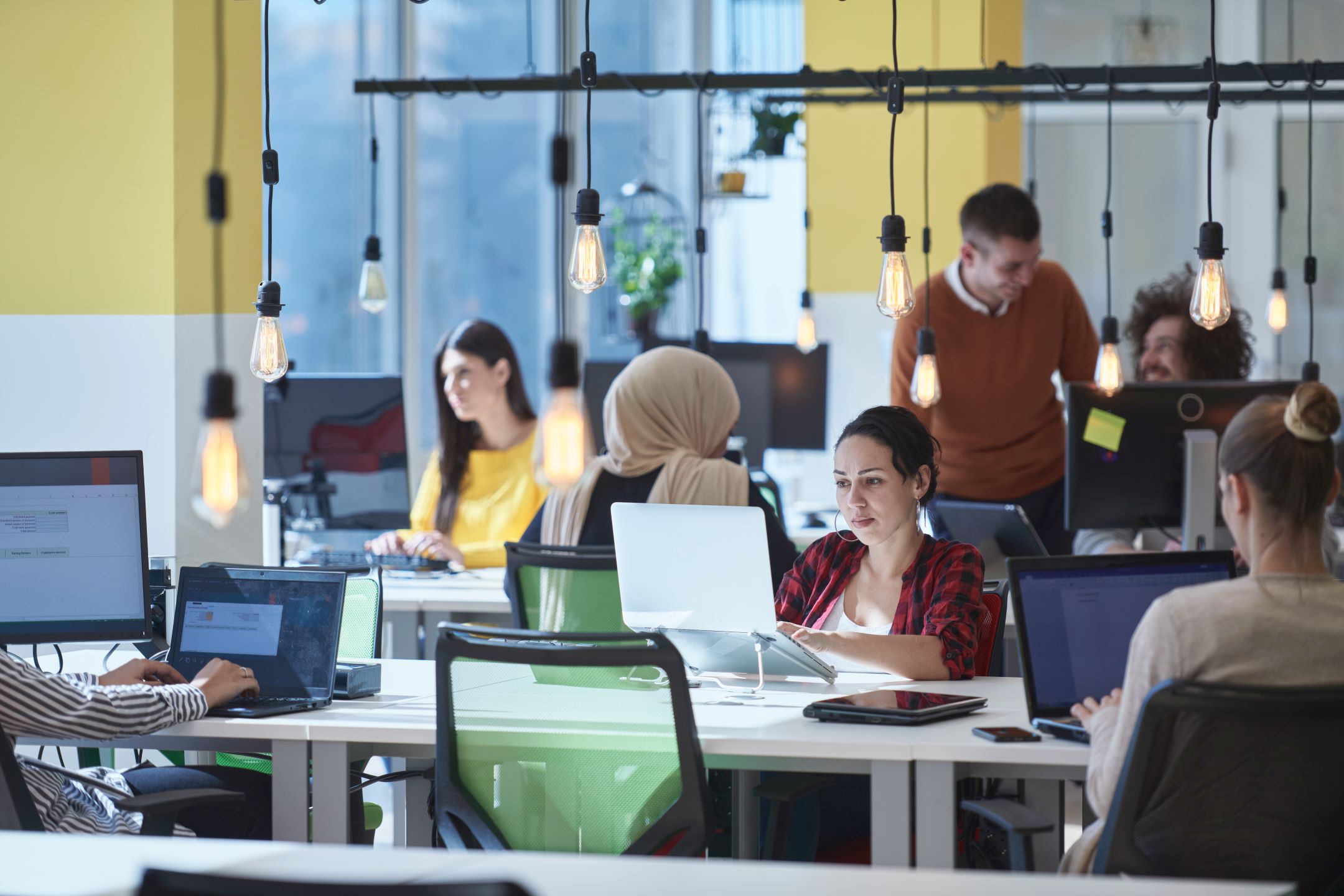Coworking spaces are gaining popularity, offering freelancers, small businesses, and remote workers an inviting place to work and collaborate. These spaces are designed for flexibility and accessibility, providing resources that users would otherwise find in a traditional office.
But as more people join coworking environments, security challenges continue to grow. As members work on sensitive projects and connect their personal devices to shared networks, cybersecurity and physical security become priorities.
In this article, you’ll learn why security in coworking spaces is crucial. Read on for the details!
Controlling Access to Digital and Physical Spaces
Monitoring and controlling access to different areas in a shared environment is essential. Without physical security, anyone could enter workspaces, leading to potential unauthorized access or even theft. This risk also extends to digital spaces, where unprotected Wi-Fi networks increase the chances of cyber threats.
Access control systems, like electronic badges or keycards, help regulate who can enter various parts of the coworking space. Security cameras also provide an extra layer of monitoring to prevent unauthorized access and safeguard sensitive information.
Consider working with reputable locksmiths to enhance physical security systems further. For instance, hiring Quicksmith or other experts can ensure high-quality locks on key entry points. This will help ensure that only authorized individuals have physical access to restricted areas.
On the digital side, cybersecurity practices such as two-factor authentication and secure network logins control who can access certain information. When combined with physical systems, these measures provide a safe working space for everyone.
Protecting Sensitive Information
Coworking spaces host individuals and companies handling sensitive or proprietary information. This might include financial records, client data, intellectual property, or confidential projects. Without solid security measures, these spaces can become targets for data breaches and leaks.
Cybersecurity tools, like secure Wi-Fi networks, firewalls, and data encryption, can help protect digital assets from unauthorized access. Regular software updates, antivirus programs, and strong password policies are also essential to prevent cyber attacks.
If you don’t have the resources to manage this in-house, you can outsource local IT support to help with your cybersecurity strategy. For instance, if you operate in Batan Rouge, partnering with a reputable Batan Rouge IT support team can provide you with the expertise needed to strengthen your security framework. They can help set up and monitor secure networks, implement firewalls, and ensure regular software updates.
Preventing Physical Theft of Equipment and Devices
Physical security is critical in coworking spaces, as device theft can cause severe losses. Members bring valuable items like laptops, tablets, and smartphones, which makes the space appealing to thieves. A stolen device, for example, can result in financial loss or data risks if sensitive information is stored.
To lower these risks, you can take practical steps to protect your coworking space. One way is to install security cameras. These cameras provide a visible deterrent to potential thieves, helping to prevent theft before it happens.
Additionally, providing secure lockers offers members a safe place to store valuable items. Having staff present to monitor the area also adds an extra layer of protection for belongings.
Most importantly, encouraging members to lock their devices when they step away and implementing a visitor management system further reduce the risk of theft. These combined measures help create a secure environment for everyone in the coworking space.
Maintaining Reputation and Building Member Trust
A coworking space’s reputation depends on members feeling safe and secure. Issues like theft, data breaches, or privacy concerns can erode trust, making it challenging to retain or attract new members. Strong cybersecurity and physical security measures protect members and help establish the space as a trustworthy environment.
In addition, transparency in security practices builds further trust. Coworking spaces that communicate their safety protocols clearly and offer resources on best practices create a sense of commitment to security. This focus on security strengthens loyalty among current members. It draws in new members who value a secure and dependable workspace.
Safeguarding Personal and Professional Privacy
Privacy is crucial for individuals and companies who choose coworking space. Members often take calls, hold meetings, and work on private projects close to others. Without proper security measures, their personal and professional privacy could be at risk.
Physical security solutions, like soundproof phone booths or private meeting rooms, offer spaces where members can speak freely without worry. For digital privacy, tools such as screen privacy filters and device encryption keep information safe, even in a shared environment.
These tools help maintain a layer of confidentiality, which ensures that members can work comfortably on sensitive projects. This way, members in your coworking space can focus on their work and feel assured that their personal and professional privacy is safe.
Reducing Risks of Social Engineering Attacks
Social engineering attacks, such as phishing and impersonation, are effective tactics cybercriminals use to obtain sensitive information. In coworking spaces, where members may not know each other well, an outsider can more easily pose as an authorized individual. This allows them to gain access to restricted areas or confidential information, increasing the risk of data breaches.
To address this threat, coworking spaces should enforce strict visitor policies and require access cards or digital badges solely for authorized members. These security measures create clear boundaries and limit the chances of unauthorized individuals entering sensitive areas.
Additionally, educating members about social engineering tactics is essential. Training them to avoid sharing sensitive information with unfamiliar individuals and teaching them to recognize suspicious emails or messages can further reduce the risk of these attacks.
Conclusion
Coworking spaces have transformed the way people work. Still, the open and shared nature of these environments introduces specific security risks. To protect members and their data, coworking spaces must prioritize cybersecurity and physical security measures. From protecting sensitive information and safeguarding against theft to reducing social engineering attacks, investing in these security practices will help protect your space.
Photo credits: Adobe


